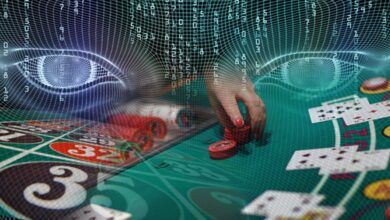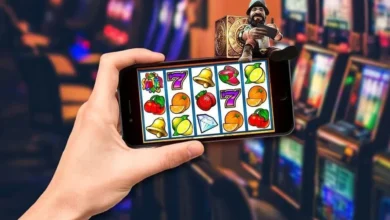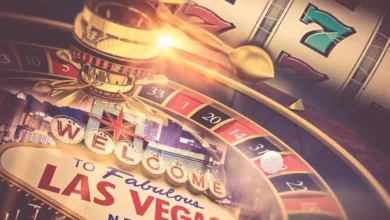
The Mathematics Behind Popular Casino Games – A Beginner’s Guide
Numbers never lie, especially in a casino. Every roll of the dice, spin of the wheel, or shuffle of the deck comes with a built-in probability that dictates long-term results. Yet, people keep coming back, chasing the thrill of a win. The secret? Understanding how the odds work and why the house always has an edge.
Key Points:
- Every bet has a mathematical expectation, known as expected value.
- Some games offer better odds than others, making strategy crucial.
- House edge determines how much a casino profits over time.
- Probability impacts every decision a player makes.
- Blackjack and poker involve skill, while slots and roulette rely on luck.
- Smart bankroll management increases longevity at the tables.
- Psychological factors influence betting decisions as much as numbers.
Probability and House Edge: The Core of Every Bet
Casinos operate on probability, ensuring they stay profitable over time. Every bet has an expected value, which indicates the average amount a player stands to win or lose in the long run. The concept of house edge is what keeps the business sustainable, allowing it to profit even when some players strike lucky streaks.
In games like blackjack and craps, the house edge remains relatively low, meaning strategic players have a better chance of making their money last. Slot machines, on the other hand, have a much wider range of return-to-player percentages, often favoring the casino significantly.
The lower the house edge, the better the odds for the player. However, even the best bets favor the casino eventually.
Blackjack: The Game of Skill and Probability
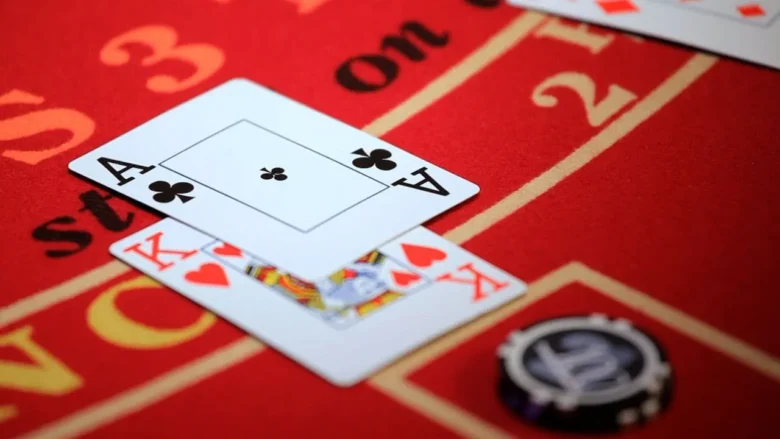
Blackjack is one of the few options where players can shift the odds in their favor. It’s not just luck; mathematical decisions impact outcomes. Those who stick to a structured strategy reduce losses and make better choices over time.
- Basic strategy reduces losses by dictating optimal plays for every hand. Every scenario has a statistically best move.
- Card counting adjusts bet sizes based on the ratio of high to low cards left in the deck. Though not illegal, casinos dislike skilled card counters and often take steps to deter them.
- Doubling down and splitting work best when used correctly, allowing a player to maximize strong hands and cut losses on weaker ones.
Unlike other options, blackjack rewards analytical thinking and discipline. Those who treat it like a math problem rather than an emotional rollercoaster tend to fare much better.
Slots: The Illusion of Control and RNG
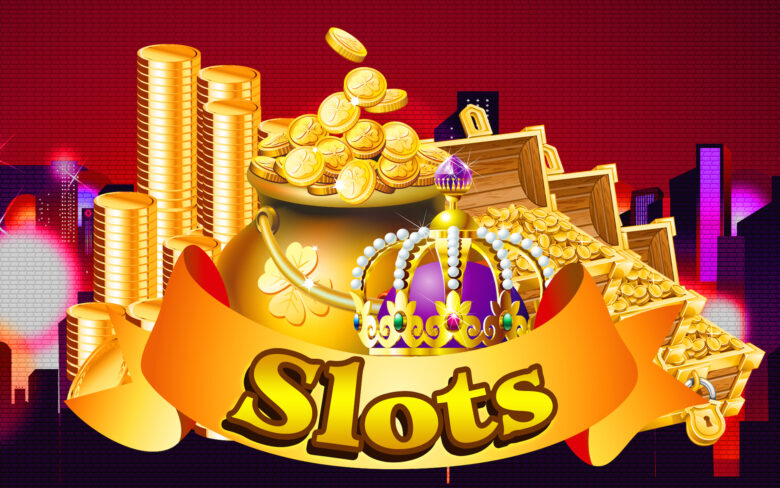
Many assume slot machines are purely about luck, but knowing how they work helps manage expectations.
Modern slots rely on Random Number Generators (RNGs), which determine outcomes independently of past spins. Every press of the button activates a fresh probability calculation, meaning streaks are an illusion.
- Return to Player (RTP): The percentage of wagered money returned to players over time. Higher RTP means better odds, but short-term results vary wildly.
- Variance: Determines frequency and size of payouts. High variance slots offer rare but large wins, while low variance slots pay smaller amounts more often.
For those interested in slot entertainment, NetBet offers a variety of themes and gameplay experiences. Whether you enjoy high-variance thrills or steady RTP returns, knowing the numbers helps manage expectations.
Roulette: The Wheel of Fortune with Fixed Probabilities
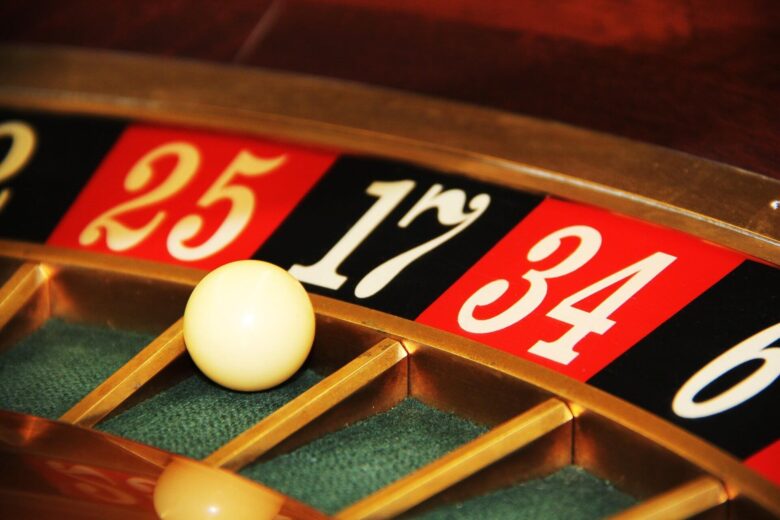
Some believe they can crack the code to roulette, but no strategy beats probability. The house edge is unavoidable, but bet selection affects the experience.
- European roulette has better odds with a 2.7% house edge, while American roulette doubles it to 5.26% due to an extra zero.
- Even-money bets (red/black, odd/even) provide a 48.65% chance of winning in European versions, making them popular with cautious bettors.
- Straight-up bets on a single number carry a 2.7% chance but pay 35:1. This high-risk, high-reward strategy appeals to those who enjoy bold wagers.
The game favors those who place calculated bets rather than emotional ones. No amount of superstition will influence the spin of the wheel.
Poker: The Battle Between Math and Psychology
Poker stands apart because players compete against each other, not the house. This means mathematical understanding alone isn’t enough—reading people is just as important.
Skilled players calculate pot odds, comparing the likelihood of completing a winning hand against the required bet size. Expected value (EV) guides decisions over time, ensuring profitability in the long run.
However, pure mathematics won’t win games alone. Bluffing, reading body language, and controlling one’s own emotions separate the best players from the rest. Psychology plays a major role, making poker one of the most strategic choices in any gambling establishment.
Craps: The Best and Worst Bets on the Table
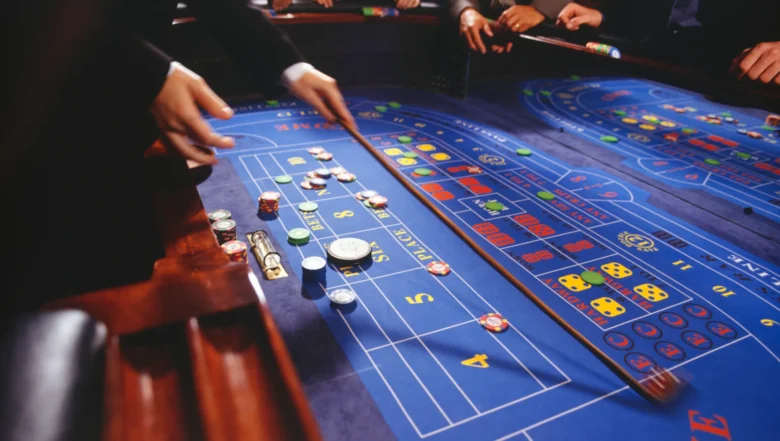
Craps offers some of the best odds for players—if they choose the right bets. Unlike many other options, craps has clear distinctions between smart and reckless wagers.
- Pass Line bet: House edge of 1.41%, one of the lowest available. It remains a favorite among experienced players.
- Don’t Pass bet: Slightly better at 1.36%, but less popular due to the social dynamics at the table.
- Proposition bets: High-risk wagers like hardways can carry house edges exceeding 10%, making them a poor choice for those looking for longevity.
Those who focus on low-edge bets extend their sessions and give themselves a better shot at walking away ahead.
Bankroll Management: The Real Secret to Staying in the Game
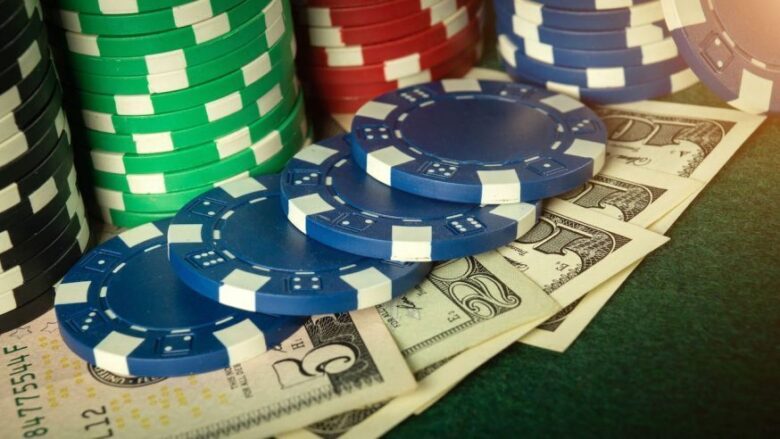
Many overlook the importance of bankroll management, yet it remains the most crucial skill in any gambling scenario. Even those with mathematical expertise can lose everything if they fail to manage their funds properly.
The best players follow clear rules to ensure they can keep betting without risking financial ruin:
- Never bet more than 5% of your total bankroll on a single hand or spin. Small, controlled bets prevent sudden wipeouts.
- Set win and loss limits to avoid chasing losses. Emotional decisions lead to disaster in any gambling environment.
- Play within means, treat gambling as entertainment, not income. Sustainable betting habits ensure a long and enjoyable experience.
Those who embrace bankroll discipline last longer and enjoy the thrill without unnecessary financial stress.
Conclusion
Mathematics shapes every decision in the world of gambling. Some options favor luck, while others reward skill and analysis. Smart players recognize how probability impacts outcomes, manage their money wisely, and never fall for superstition. The thrill of risk remains, but those who understand the numbers always have the upper hand.

